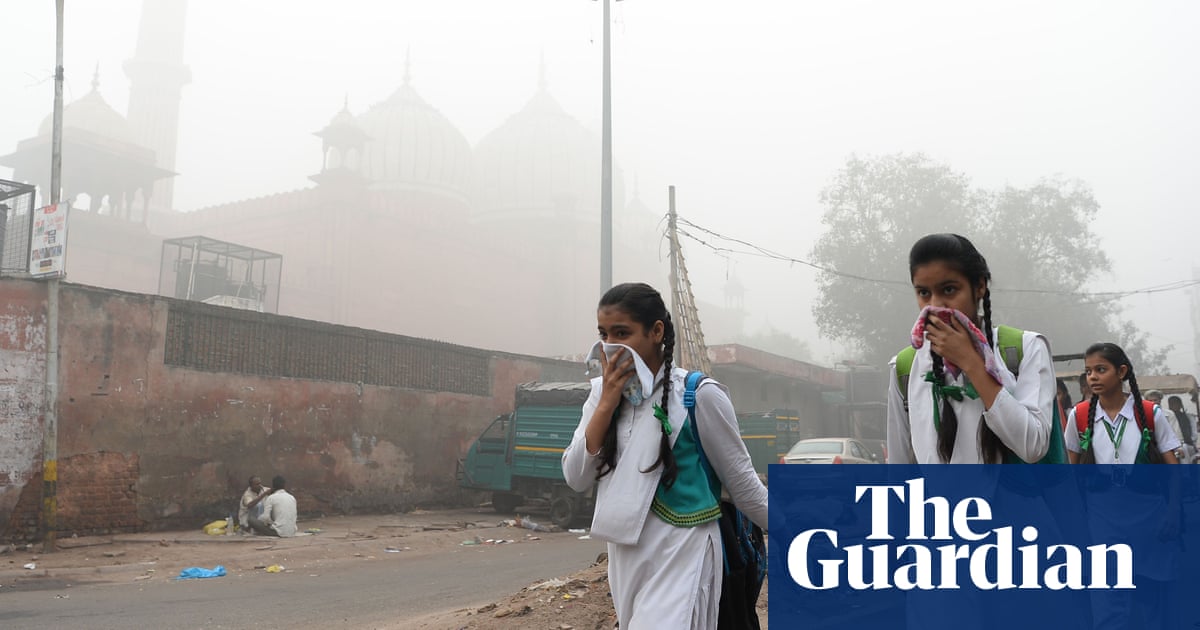Almost all countries failing to meet mark for PM2.5, tiny particles expelled by vehicles and industry that can cause health problems
Only seven countries are meeting an international air quality standard, with deadly air pollution worsening in places due to a rebound in economic activity and the toxic impact of wildfire smoke, a new report has found.
Of 134 countries and regions surveyed in the report, only seven – Australia, Estonia, Finland, Grenada, Iceland, Mauritius and New Zealand – are meeting a World Health Organization (WHO) guideline limit for tiny airborne particles expelled by cars, trucks and industrial processes.
The vast majority of countries are failing to meet this standard for PM2.5, a type of microscopic speck of soot less than the width of a human hair that when inhaled can cause a myriad of health problems and deaths, risking serious implications for people, according to the report by IQAir, a Swiss air quality organization that draws data from more than 30,000 monitoring stations around the world.
 15·5 months ago
15·5 months ago


